Spotlight
Faculty Migrate Classes Online in Herculean Effort
Buena Vista, Va.—In response to the continued escalation of the COVID-19 (coronavirus) outbreak, Southern Virginia University announced on March 12 that all in-person classes would migrate to online instruction beginning March 23 through the end of the 2020 Spring Semester.
This change was implemented to encourage social distancing and help prevent the spread of COVID-19 —a dramatic shift for a purposefully residential campus with intentionally small, interactive classes that encourage participation and collaboration.
During the ten-day period between the announcement and the start of the online instruction, the University’s amazing and caring faculty worked tirelessly to migrate all of their courses and curriculum online to ensure that effective, personalized teaching and learning could continue digitally.
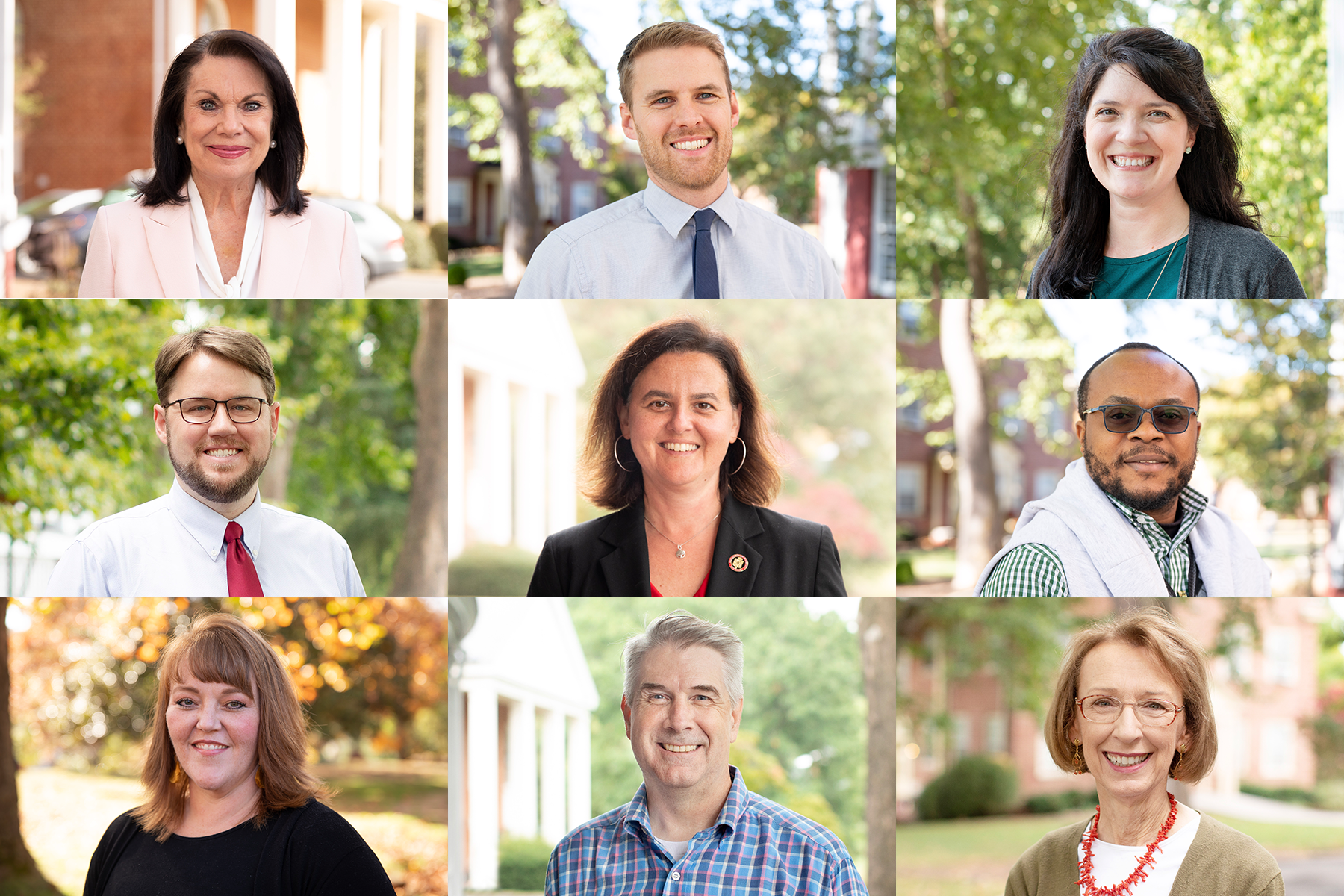
“Our faculty are the superheroes of Spring 2020,” said President Reed N. Wilcox. “Their effort has been truly extraordinary. The meaningful relationships they expertly built with students during the first part of the semester helped facilitate the successful transition online while maintaining highly effective levels of teaching and learning.”
“Thank you for your flexibility, resourcefulness, and hard work in this unprecedented change in our semester,” Provost Jeremy John wrote in a letter to the faculty. “Seeing everyone come together to make adjustments to the online format has been a testament to our purpose.”
In addition to heroic efforts by the faculty, the University’s transition to online teaching and learning was also enabled by its strategic LauchPad Initiative, which provides every faculty member and student with an iPad Pro, Smart Keyboard, and Apple Pencil.
The University first implemented the initiative in early 2017 in order to provide campus-wide access to state-of-the-art technology beginning Fall 2017. In January 2020, Apple officially recognized Southern Virginia as an Apple Distinguished School for its unprecedented implementation of the technology and continuous innovation in learning, teaching, and campus environment.
“We have been able to make quick decisions in response to COVID-19 in large part because of the shift we made when we implemented the LaunchPad initiative in 2017,” said Director of Institutional Effectiveness Jon Wallin. “While we never predicted the initiative would help us during a global pandemic, University leaders—President Wilcox in particular—knew that becoming an Apple Distinguished School would create a campus-wide technological ecosystem that enables quick, responsive shifts that allow us to properly keep students’ needs at the forefront even during the current global outbreak.”
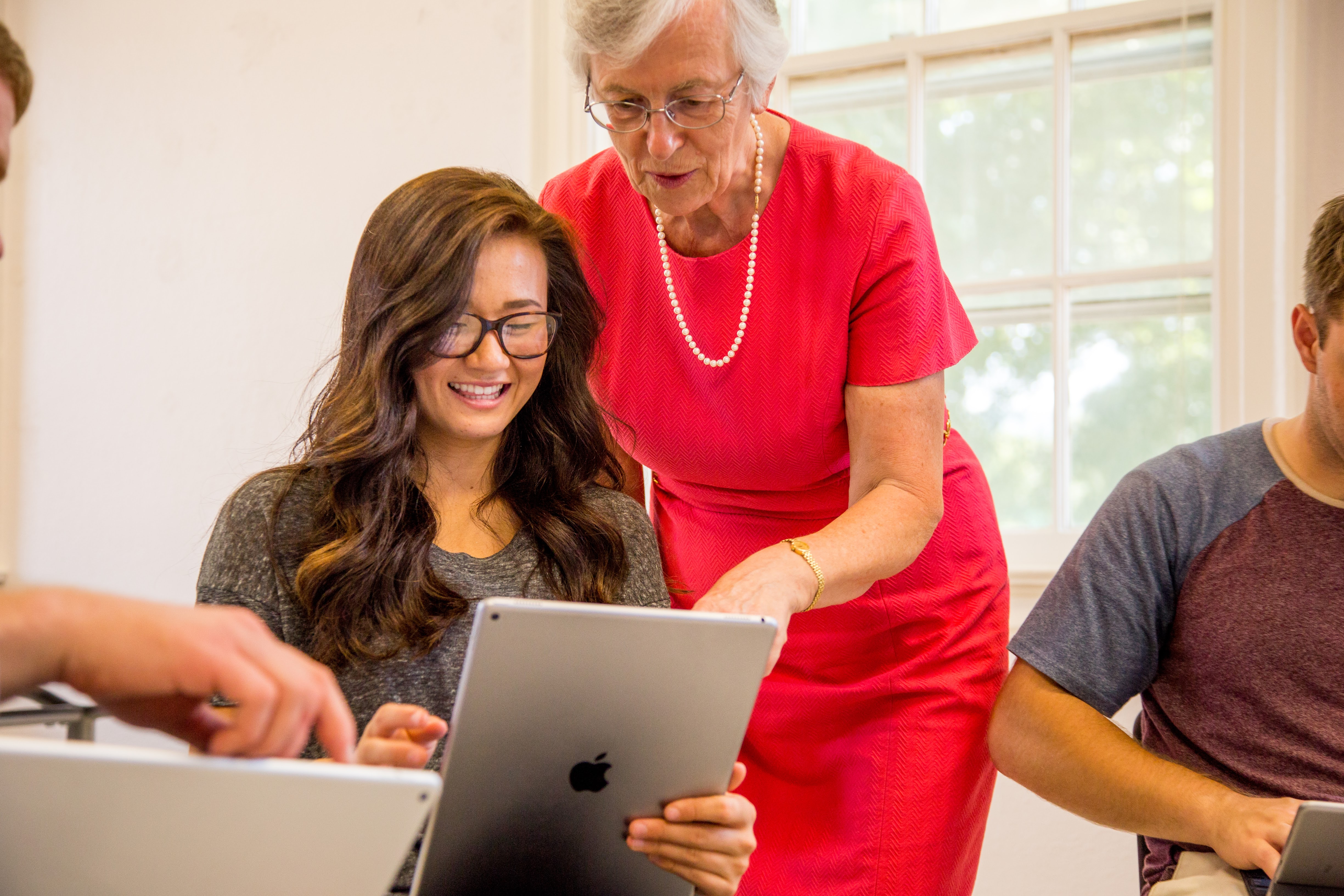
Associate Provost Samuel Hirt explained that the successful migration online was also made possible by the University’s Faculty Development Committee—led by Wills J. Smith Professor of Philosophy John Armstrong—which helped spearhead the transition and train fellow faculty with assistance from Associate Professor of Psychology Jeff Batis.
“One of the things that has really helped [during this crisis] is that we have a talented faculty development committee led by Dr. Armstrong,” said Hirt. “They are constantly trying to put out more tools, information, and workshops for faculty to develop their skills. They have done a fantastic job guiding the faculty through this transition and giving them the necessary tools to succeed.”
“We have such great faculty that don’t mind giving up their time and helping, whether they’re assigned to do it or not,” Hirt continued. “Everybody is helping.”
While the faculty participated in focused digital training during the last two weeks, many have worked diligently for the last two and a half years—since the introduction of the LaunchPad Initiative—to increase their repertoire of digital tools to further enhance teaching and learning.
“For myself personally, I have already embraced a lot of the tools that I’m going to use in a digital classroom,” Hirt added.
For example, many professors already distribute and grade assignments, quizzes and tests through the University’s learning management system, Canvas, which was adopted in 2018. Even before the COVID-19 outbreak, some professors had implemented a flipped classroom model in which students watch prerecorded lectures on their iPad outside the classroom and use their time in class to collaborate on problem-solving and to discuss questions with their peers and professor.
With a truly national student body now spread out across the country (and world), professors have incorporated additional tools and resources such as Zoom—a video conferencing platform—and Canvas Studio to preserve as many of the same benefits as possible from their face-to-face collaborative classroom discussions.
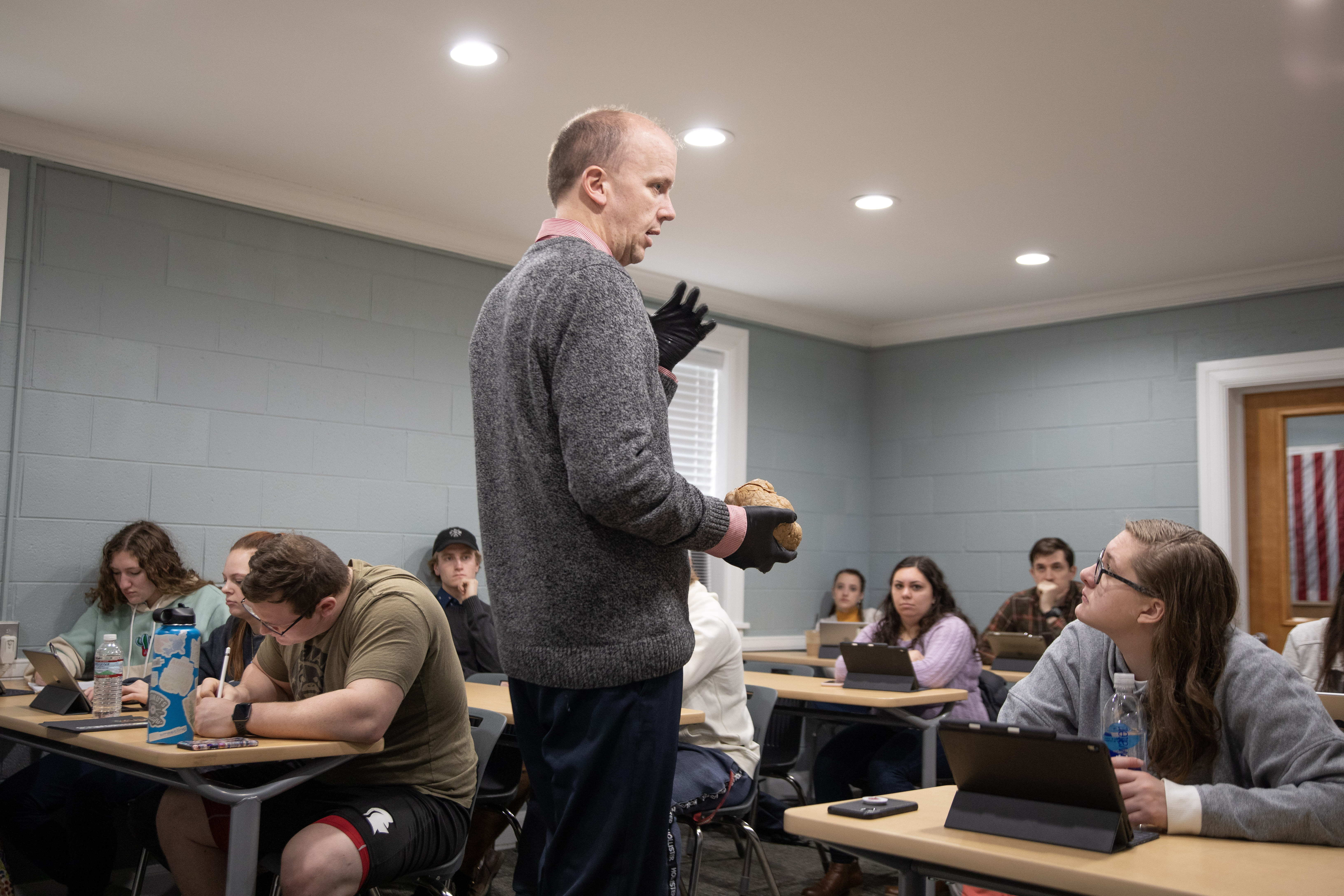
“One of the things I’m trying to do is actually keep [my class] as close to what it was as I can,” said Batis. “In our first class we’re going to be reviewing a couple of scientific articles… My plan is to put them up into Zoom, go through them together and talk about what the students got from those readings.”
Batis also plans to hold synchronous office hours and lectures via Zoom. Live lectures will then be recorded and uploaded to Canvas studio, where students in different timezones can view the content and leave comments or questions tagged to specific time-stamped frames within the video.
“I like that in the online version of the class there are multiple ways to participate,” said Batis. “Maybe a student wouldn’t raise their hand [in the classroom], but if they’re watching the recording, they can go back and put in a comment. So, there are lots of benefits here.”
Like Batis, Professor of Spanish Iana Konstantinova is trying to preserve the benefits of her traditional in-person classroom experience by hosting synchronous Spanish lessons which are also recorded and distributed to students via Canvas. Using digital platforms, she is able to organize her students into different discussion groups and collect video submissions of Spanish conversations and presentations.
“The key thing is to be flexible at this point, and [know] we are all in this together,” said Konstantinova.
Konstantinova also noted the University’s Apple technology has helped ease the transition to online classes by leveling the playing field for all students in terms of access to an iPad.
“I am in a lot of groups with professors from other colleges and it’s a real struggle knowing what technology their students are going to have access to, if any,” said Konstantinova. “We know students have an iPad. I think Southern Virginia University has been really great about preparing us in advance for a moment like this.”
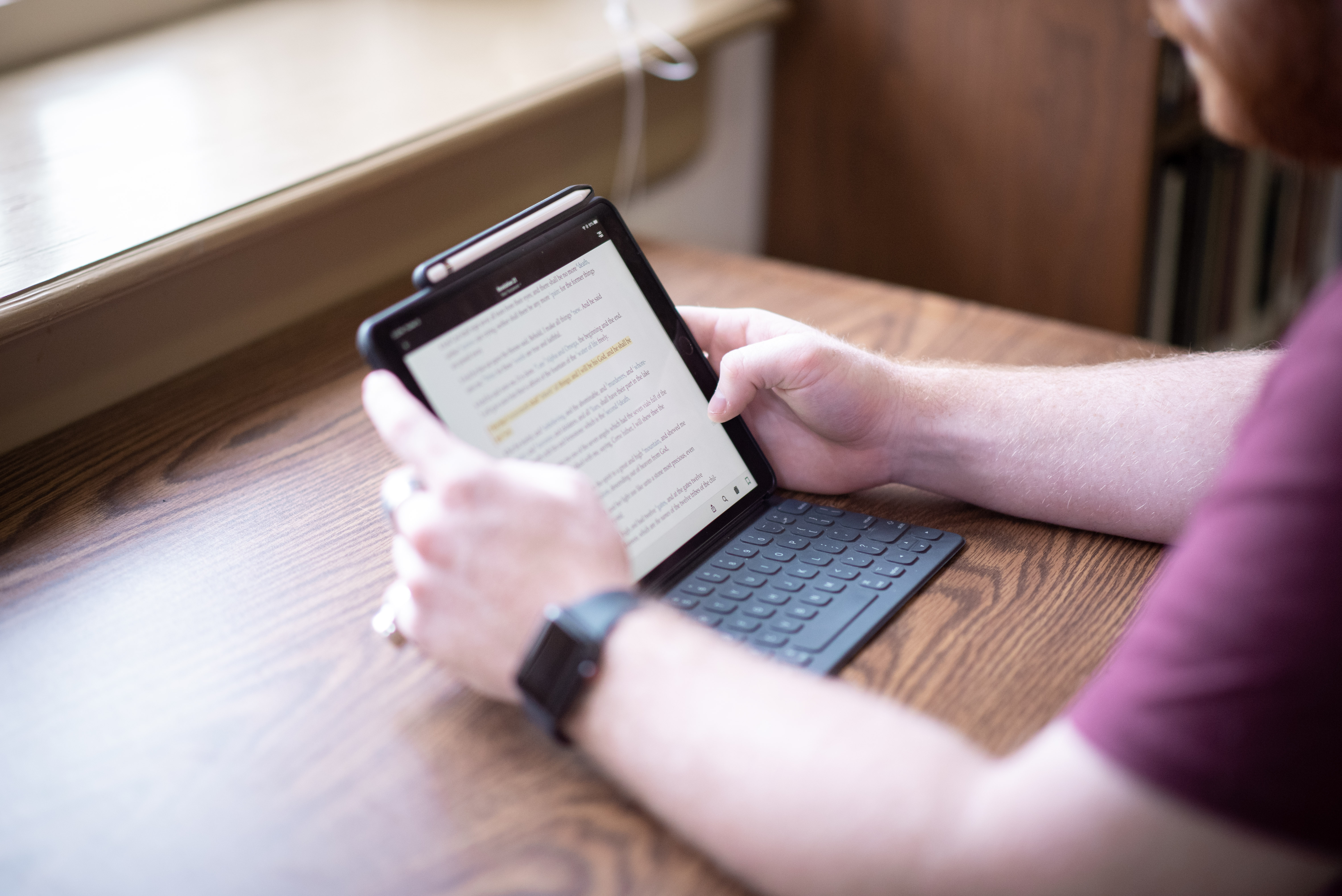
Other campus support systems—such as tutoring, career development, the Wellness Center, and the Writing Center—are also working persistently to adapt their services for digital delivery.
“Students can set an asynchronous appointment and submit a paper to be reviewed [by a tutor] and returned a later day,” said Writing Center Consultant Robyn Peterson. “Or they can set up a synchronous appointment to have an online video conference with a tutor, where they can look at the same screen and edit the document together.”
“This is only possible because we can trust that everyone has the same technology,” said Writing Center Director and Associate Professor of English James Lambert. “Everyone has the same resource, and that’s a huge advantage. I really do feel like we are more equipped to succeed.”
One unique digital adaptation will be the music program’s virtual choir performance of the American folk song Shenandoah—the University’s unofficial hymn traditionally sung each May at the close of Commencement. To create the ensemble, leaders in the music program will collect recordings of the various vocal parts from students, alumni, and even prospective students.
“It’s important to maintain the music and also the community,” said Assistant Professor of Music Kyle Nielsen. “There’s so much about this place that’s special, but even more important are the people and the relationships built here—and that’s what we’re trying to preserve despite the current constraints created by COVID-19.”
While these digital solutions have helped maintain high levels of education during the pandemic, many faculty members and students have expressed their excitement to return to campus in the fall to gather again as a residential college where student-faculty relationships are the hallmark.
“We are doing our best to adapt and serve the students to the best of our abilities,” Hirt explained. “But there is something irreplaceable there about the in-person face-to-face classroom experience that we do so well here.
“Relationships are why students choose Southern Virginia University.”
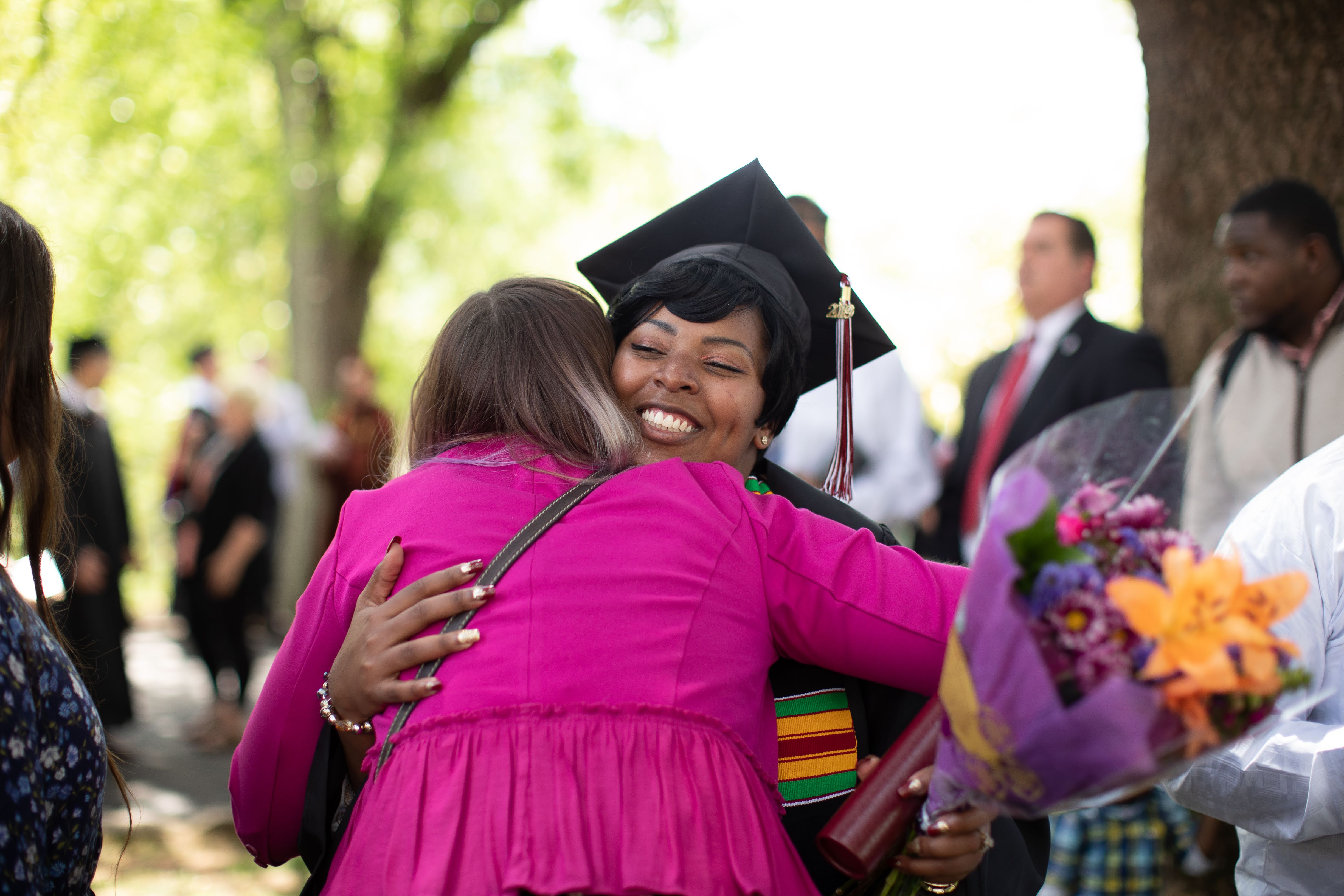
 News
News